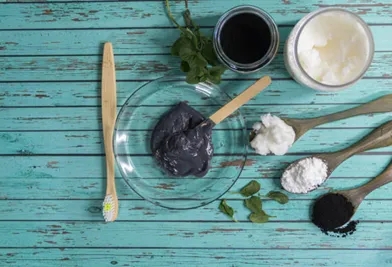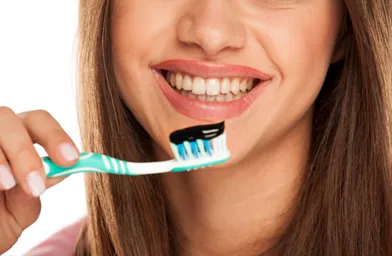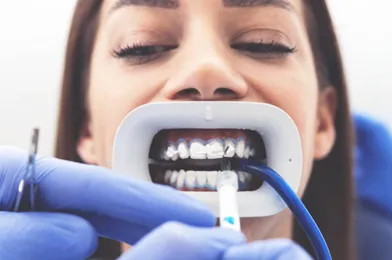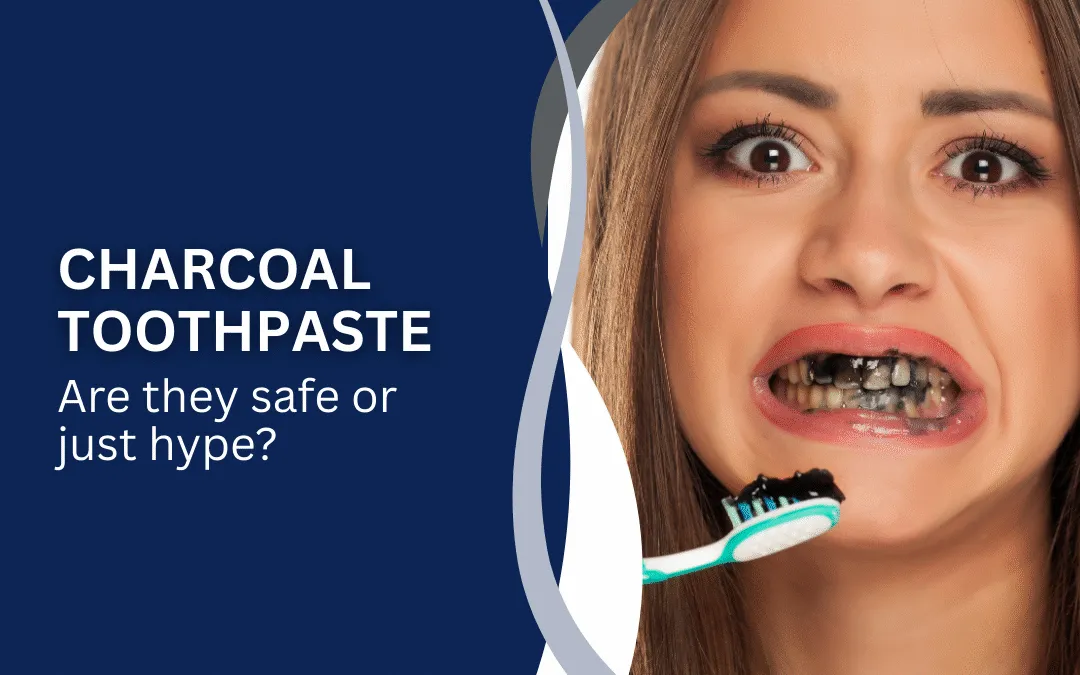Charcoal toothpaste has taken over social media feeds and supermarket shelves with bold promises of natural whitening and stain removal. From influencers promoting it as a miracle cleanser to brands labeling it as “detoxifying,” No surprise consumers are curious.
According to the Chief Dentist of Dental Creations, Dr Amol Pradhan, an experienced dentist in Matunga patients increasingly ask about charcoal-based products. While some claims may sound promising, scientific support is often lacking or mixed at best.
What Is Charcoal Toothpaste Made Of?
The main ingredient in charcoal toothpaste is activated charcoal, a fine black powder made by superheating natural sources of carbon like coconut shells, wood, or peat. The heating process increases its surface area, giving it strong adsorptive properties—allowing it to bind with certain substances like toxins and stains.

Along with activated charcoal, many commercial charcoal toothpastes contain:
- Hydrated silica (abrasive for cleaning)
- Glycerin (for moisture retention)
- Sorbitol or xylitol (sweeteners)
- Essential oils or flavouring agents (for taste and freshness)
While the inclusion of charcoal itself may seem harmless, how it interacts with enamel, dentin, and oral soft tissue raises important concerns.
Claimed Benefits of Charcoal Toothpaste

Charcoal toothpaste benefits are often promoted as revolutionary by brands and influencers alike. Some of the most common claims include:
- Teeth Whitening: Supposedly removes surface stains caused by coffee, tea, and wine
- Detoxification: Removes toxins and impurities from the mouth
- Fresh Breath: Neutralizes bad odours due to its porous texture
- Natural Alternative: Advertised as a chemical-free alternative compared to conventional whitening pastes
- Stain Removal: Claims to polish away discoloration better than standard formulas
Many of these benefits are anecdotal or only partially supported by clinical evidence. While activated charcoal does adsorb some particles, its efficacy in whitening and detoxifying the oral cavity remains under scrutiny by dental professionals.
What Dentists and Studies Say
Multiple studies and professional associations—including the American Dental Association (ADA) and British Dental Journal (BDJ)—have issued caution about charcoal toothpastes. Their consensus? Use with extreme caution, if at all.
Dr. Amol Pradhan emphasizes, “While charcoal can remove some surface stains, it often does so at the expense of your enamel. The abrasiveness might give a temporary brightening effect, but it can harm your teeth in the long run.”
In a 2017 review of 118 charcoal-containing dental products, researchers found no substantial evidence supporting safety or efficacy. Many products lacked fluoride, which is essential for preventing tooth decay.
Furthermore, few charcoal toothpaste brands are ADA-approved, indicating a lack of rigorous clinical testing.
Risks and Side Effects of Using Charcoal Toothpaste

While charcoal toothpaste may seem like a natural solution, the risks often outweigh the benefits. Major side effects of using charcoal toothpaste include:
- Enamel Erosion: Activated charcoal is abrasive. Prolonged use can wear down enamel, making teeth sensitive and prone to decay.
- Enamel Damage: Once enamel is gone, it doesn’t regenerate. This leads to increased risk of cavities and long-term dental
- Gum Irritation: The gritty texture can irritate the soft gum tissue over time.
- Tooth Sensitivity: Using charcoal toothpaste for sensitive teeth can worsen the condition rather than help it.
- Staining: Ironically, charcoal particles can get lodged in cracks or restorations, creating an unsightly
- No Fluoride Protection: Many charcoal toothpastes are fluoride-free, leaving teeth vulnerable to decay.
Experts urge caution, especially when it comes to daily or long-term use.
Are There Safer Alternatives for Teeth Whitening?

Instead of using charcoal toothpaste, consider these effective alternatives which are safer:
- ADA-Approved Whitening Toothpastes: These contain gentle abrasives and mild peroxides designed to safely lift surface stains.
- Professional Whitening Treatments: In-office or take-home tooth bleaching options supervised by a dentist yield better, longer-lasting results.
- Whitening Strips: When used as directed, these offer mild whitening with low risk of enamel damage.
- Oil Pulling and Baking Soda (Occasional Use): While they do not promise outstanding results, they can complement good oral hygiene without severe abrasion.
Most importantly, ask your dentist about suitable tooth whitening solutions tailored to your specific needs and dental history.
Final Thoughts: Talk to Your Dentist Before Trying Trends
The marketing behind charcoal toothpaste is persuasive, but the science remains questionable. While charcoal toothpaste benefits may sound appealing, they are often exaggerated or unproven. Worse yet, the charcoal toothpaste side effects—from enamel damage to gum irritation—can have lasting consequences.
Before switching your daily toothpaste or chasing trends, consult with a dental professional. As Dr. Amol Pradhan says, “Trendy doesn’t always mean trustworthy—your enamel is precious and irreplaceable. Prioritize long-term health over short-term aesthetics.”

